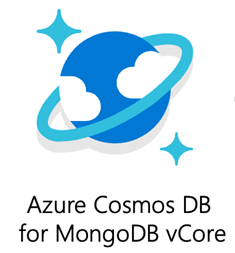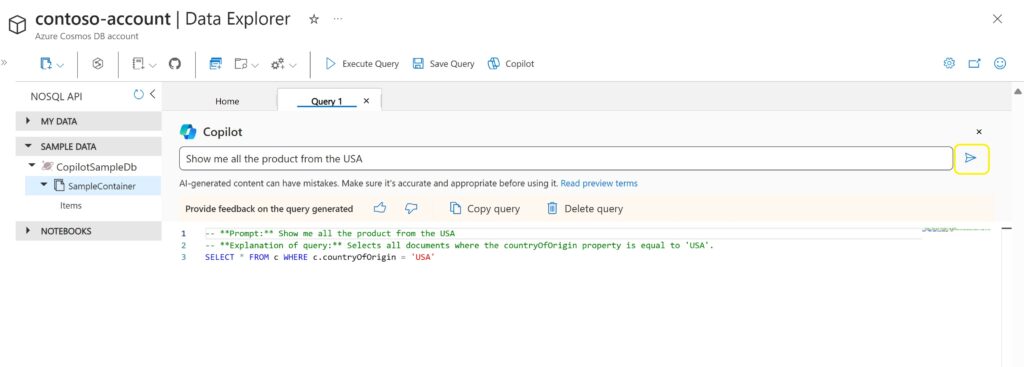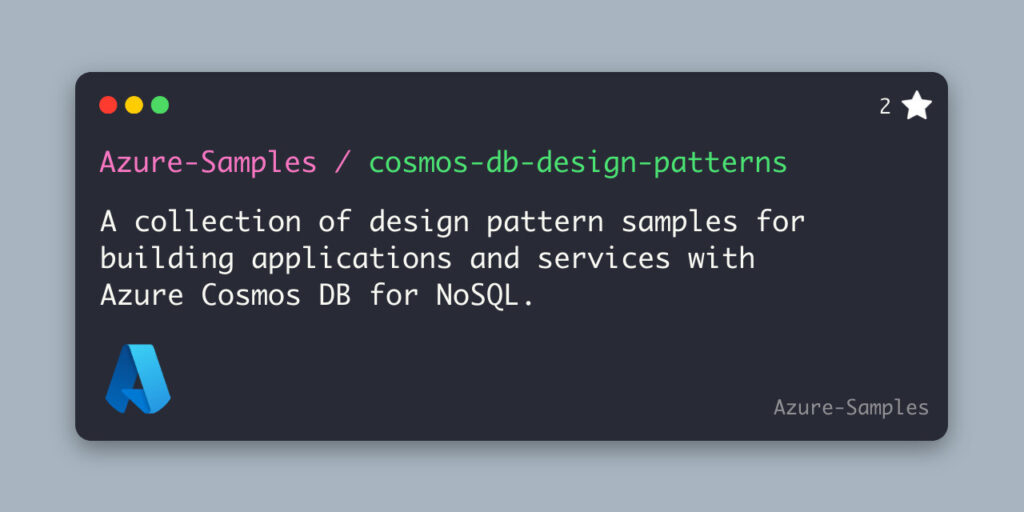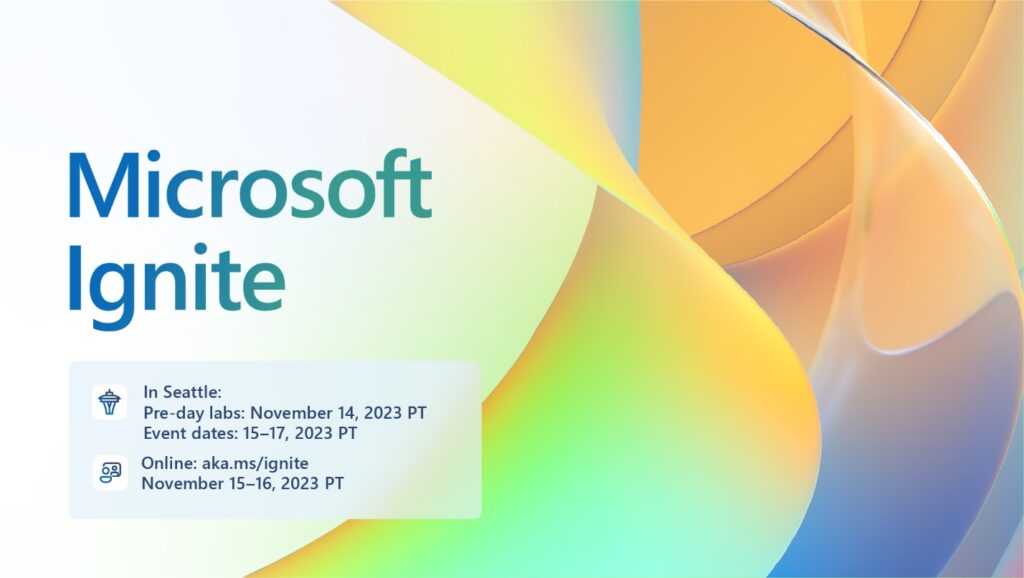


Announcing Azure Cosmos DB Mirroring in Microsoft Fabric – Private Preview
Introducing Vector Database in Azure Managed Instance for Apache Cassandra!

Run Mongo workloads for free with Azure Cosmos DB for MongoDB vCore – Free Tier

Introducing Azure Cosmos DB for MongoDB vCore: Now Generally Available!

Microsoft Copilot for Azure enables natural language queries for Azure Cosmos DB data

New Offline Migration Feature in Azure Cosmos DB for MongoDB Migration Extension for Azure Data Studio

Azure Cosmos DB design patterns – Part 2: Data Binning

New features for Azure Synapse Link for Azure Cosmos DB


 Light
Light Dark
Dark